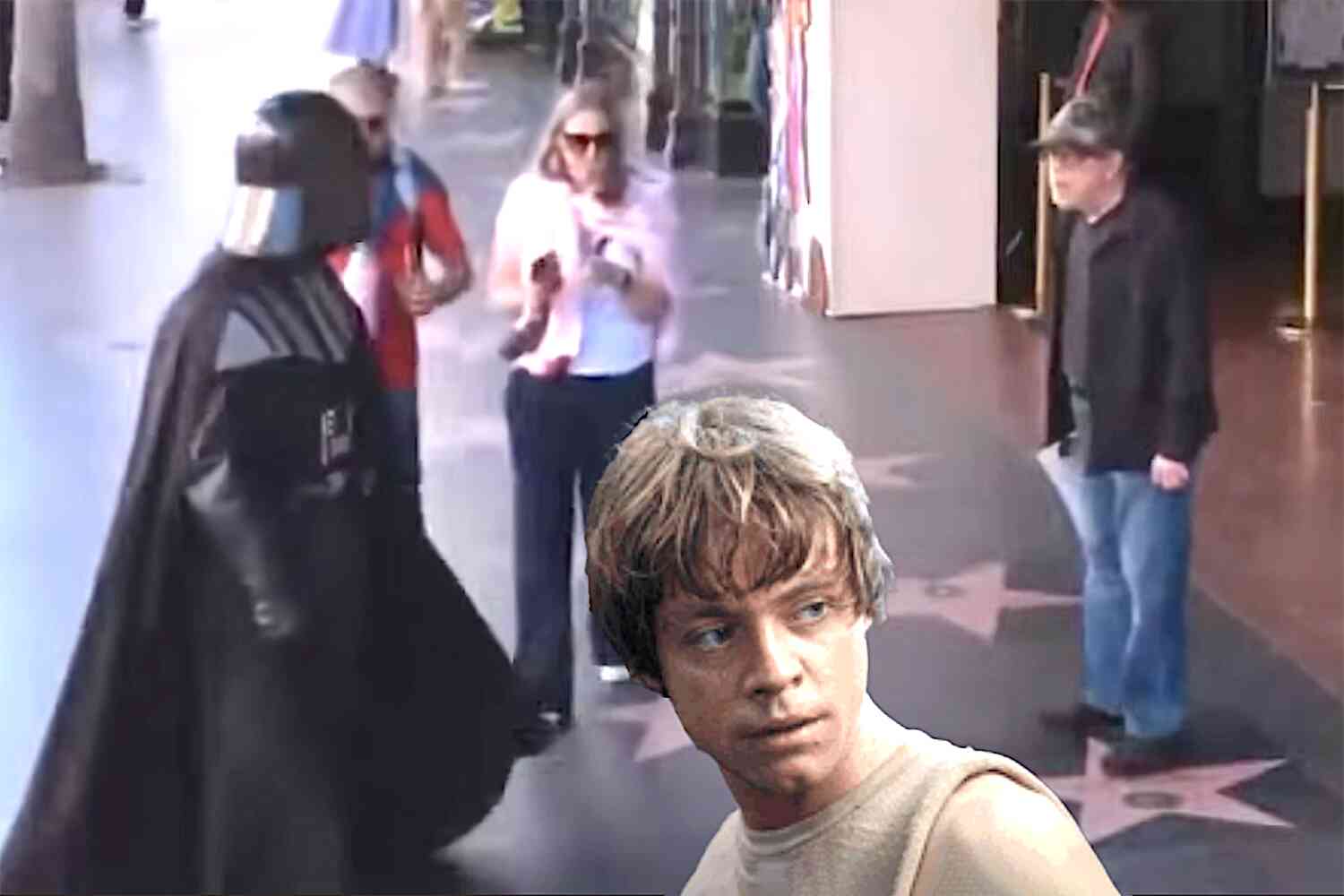Remember over the summer when AOC blamed the spike in crime in New York City on parents stealing food to feed their families?
She was roundly ridiculed for that, of course, but now Seattle hopes to make AOC's fantasy a reality by creating an affirmative defense for theft if you intended to sell the stolen items for "basic needs" like food or rent.
It's called "the poverty defense," and would not only make stealing legal, but apparently fencing items as well, and would cover over 100 misdemeanor crimes.
As explained by City Council member, Lisa Herbold,
"It's giving people an opportunity to tell their stories and giving judges and juries the opportunity to hear those stories and make a decision based on the values of our city."
Conspicuously absent among those values appears to be the right to private property.
"[King County Department of Public Defense Director, Anita] Khandelwal said the legislation should not include any restrictions, monetary or otherwise, and jurors should be allowed to decide."
No restrictions, "monetary or otherwise."
It was unclear whether Khandelwal understands that there is a de facto monetary "restriction" in that at some point a misdemeanor becomes a felony, and they haven't legalized felonies. Well, not yet anyway.
Believe it or not, there are people in Seattle who believe this might not be an entirely good idea. As Scott Lindsay, a former mayoral Public Safety Advisor warned,
"It's a green light for crime."
Matthew Humphrey, whose barber shop was robbed of $4,000 worth of goods, had this to say:
"I think it's absolutely insane."
In response to the objections raised by others, Tiffani McCoy, a lead organizer for Real Change, told the City Council's Public Safety Committee,
"We know that this is simply fear mongering."
Warning someone to get out of the way of a runaway bus is not fear mongering. It's fear announcing.
You will not be surprised to learn that Tiffani McCoy has never worked in the private sector, or built a business. Her entire professional career has been spent in academia and social justice work. Real Change is a news outlet in the sense that the news is a vehicle for their advocacy and would fail as a business without donations.
She has no understanding of how a real small business works. Matthew Humphrey can't rely on donors to provide two-thirds of his income like she does, he has to rely on customers who value his services and are willing to pay a fair price for those services.
He doesn't beg for money. He earns it.
"The early attacks against it are rooted in anti-poverty bias."
You know who has a genuine anti-poverty bias? People like Matthew Humphrey, who build businesses and create jobs and opportunities for people to fashion better lives for themselves.
Under the proposal, you don't necessarily even have to prove you need the goods you stole to pay for food or rent, or really prove anything at all as it creates other defenses thieves can use to escape accountability, including:
- Symptoms of addiction without being required to provide a medical diagnosis.
- Symptoms of a mental disorder.
Drug addict breaking into a pharmacy to score some Oxy?
As long as you have "symptoms of addiction," like, say, breaking into a pharmacy to score some Oxy, it looks like you're good to go!
If this proposal sounds familiar, it should. While different in structure to what District Attorney George Gascón is doing in Los Angeles, the results, and I would say, the intent, is the same.









